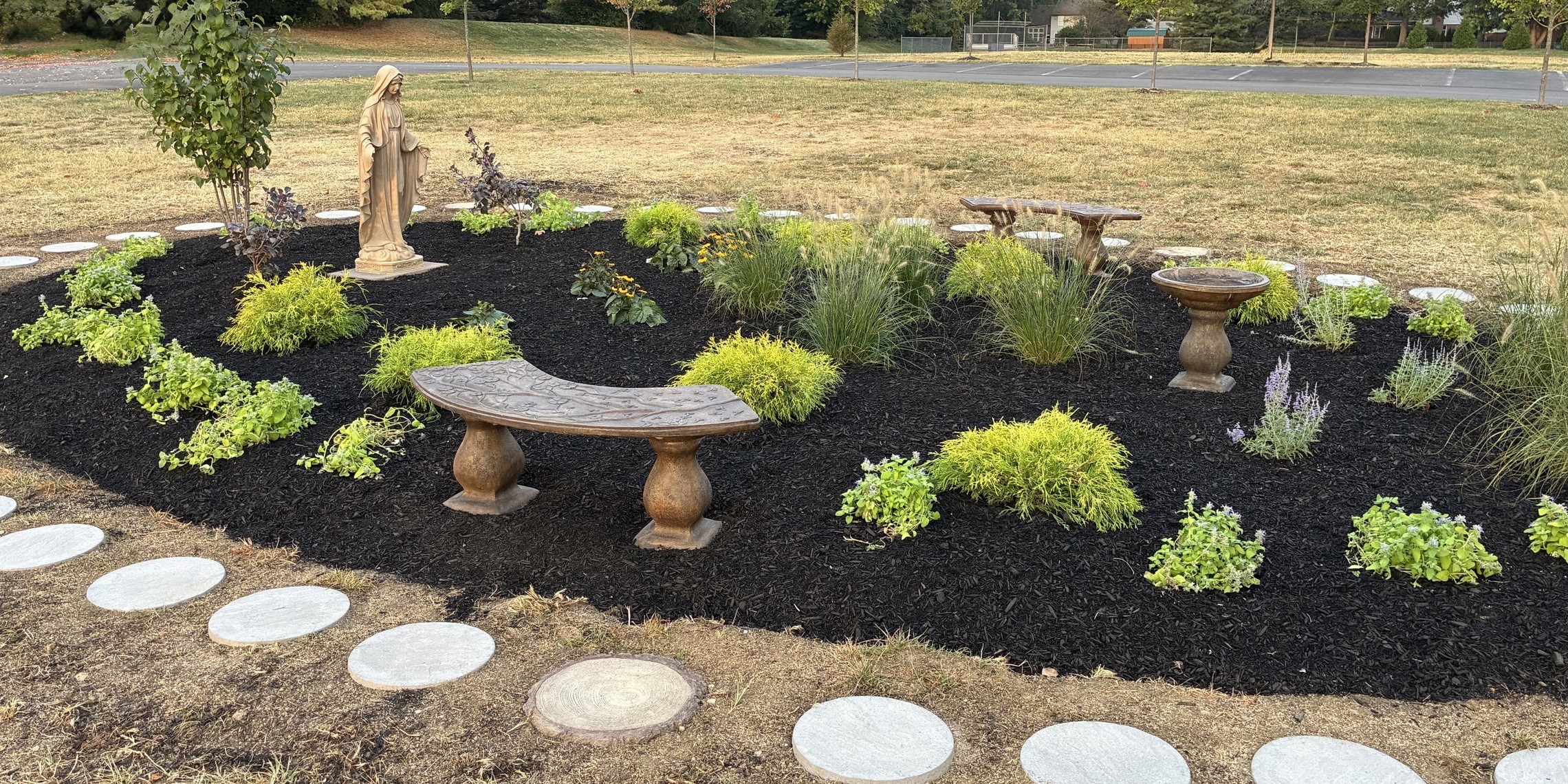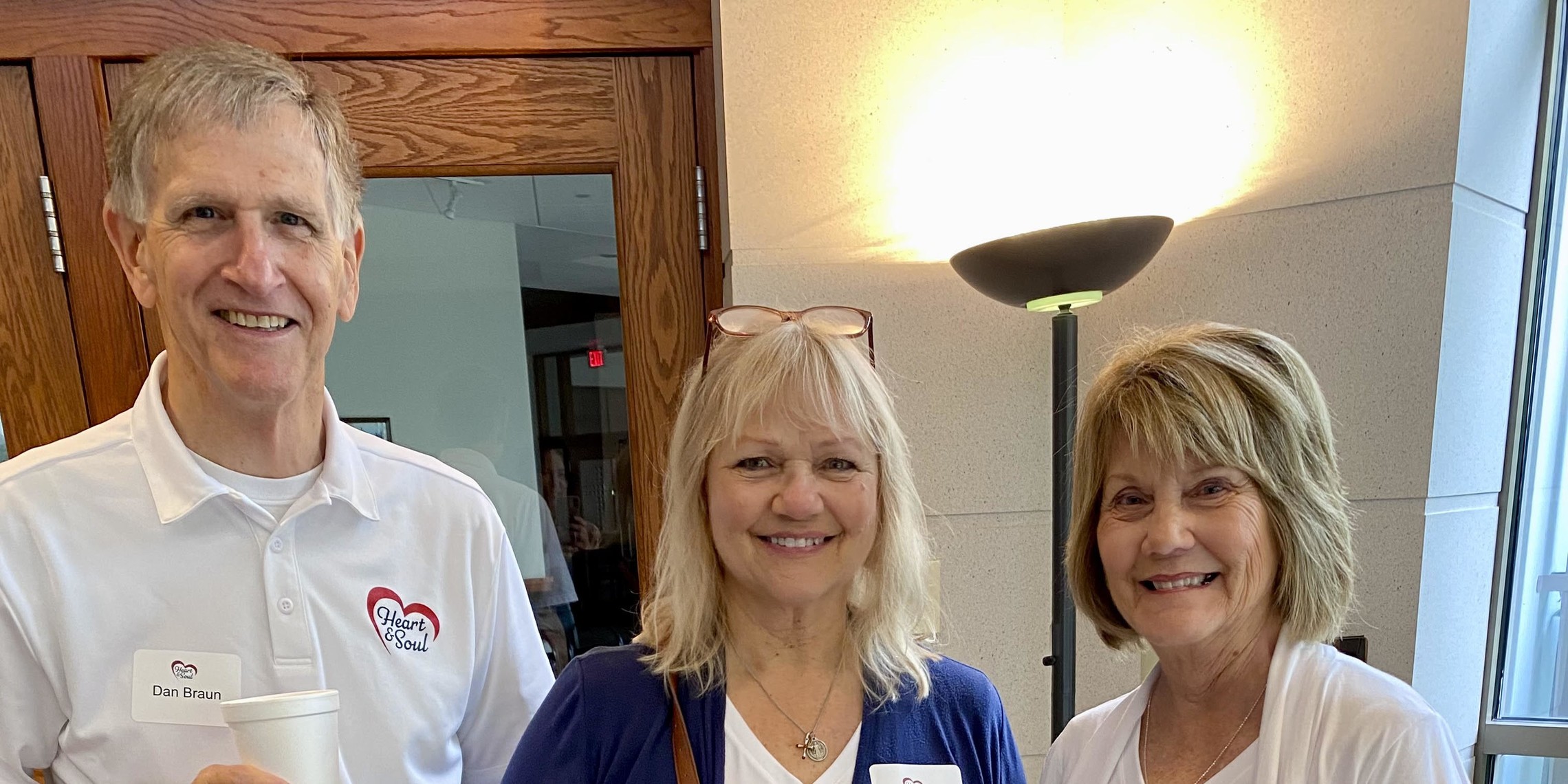Did you know that scripture never tells us Saul was knocked off a horse? Artists, especially in Caravaggio’s famous painting “Conversion on the Way to Damascus”, have interpreted it that way, but scripture does not mention it. However, the expression “getting back on the horse” applies nicely to Saul as he transforms from persecutor to evangelizer of Christians. Saul finds himself repeatedly knocked down by beatings or prison and always gets back on the horse to proclaim Christ.
We left Saul (AKA Paul) in Antioch of Syria proclaiming the Gospel with Barnabas. Through prayer and fasting, the disciples in Antioch determine that it is God’s will to send those two out on mission. Fasting helped the early disciples shut out the things of the world and be able to seek the Lord’s will. Our own fasting is a spiritual tool that we can use to help discern God’s will in our lives from the small choices to the large decisions like do I take this new job and move my family? Commissioned for their new adventure by having hands laid on them just as a priest at ordination or each of us at confirmation, they are made ready to serve the Lord.
First stop, the island of Cyprus, where Saul confronted a magician, who claimed to be a powerful man and kept trying to stop the conversion of the governor of the island. Not mincing any words, Saul called him the son of the devil in no uncertain terms. A gutsy move that emboldened Saul to preach the Gospel with even more authority and conviction. As Saul embraces his role as Apostle to the Gentiles, he also embraces his Greek name, Paul, and we see him referred to as Paul going forward.
Paul and Barnabas travel to Iconium where they are threatened with being stoned but escape to Lystre, where Paul is indeed stoned and left for dead. A man on a mission cannot be stopped and Paul gets up from the stoning and heads to Derbe the very next day to continue to proclaim Jesus Christ. Seeing the courage, faith, and endurance of Paul, might we be challenged to serve the Lord in a more committed way?
Meanwhile, the issue of whether the Gentiles would first have to convert to Judaism through circumcision was getting more serious debate among the believers. It gets a little tricky here to keep the players straight. Jesus and the apostles were all Jewish and all were circumcised on the 8th day of life to become a part of the Old Covenant that God made with Abraham. Gentiles were non-Jews and uncircumcised. Christians could be Jews who accepted Jesus as the Messiah or Gentiles who converted from worshiping the pagan gods. In 49 AD, the young Church held its’ first Church Council and both viewpoints were argued. Peter, as Pope, declared that Gentiles would not have to be circumcised to be a part of the Church. Jesus brought about the New Covenant and following all the old Jewish laws was not needed to be saved. Peter made his decision because of his dream about the animals in the sheet and because the Holy Spirit fell upon the Gentiles when they were baptized. just the way it did on the Jews. There was no more differentiation…neither Jew nor Greek.
Silas teams up with Paul as his new partner on a second missionary journey where Paul once again finds himself beaten and in jail for trying to spread the Gospel. In jail, Paul and Silas pray and sing hymns (a little first century praise and worship session) and they convert their jailer and his family to Christianity. We find it so easy to praise God when things are good and we are having our prayers answered, but do we praise God when times are tough, and we are suffering? It is during this second missionary journey that Paul writes his letters to the Thessalonians, one of the churches he started earlier on this trip. “Rejoice Always. Pray without ceasing. In all circumstances give thanks…” 2 Thess 5:16-18. What adversity can you thank and praise God for today?
Written by Birgitt Hacker
More News...
New Rosary Garden
St. Xavier student and Eagle Scout candidate Hanley Abell recently completed a beautiful rosary garden outside of church. The garden is a peaceful place...Read more
Heart & Soul
Heart & Soul is an Adult Social Group at St. Margaret of York for singles and couples. All are welcome to join us for...Read more






